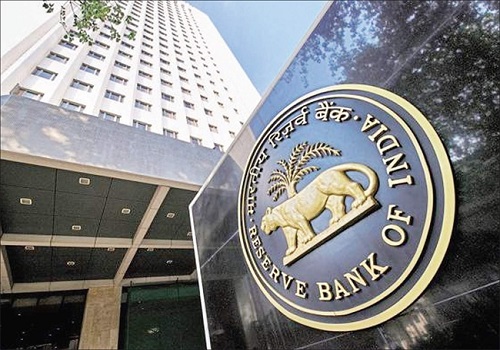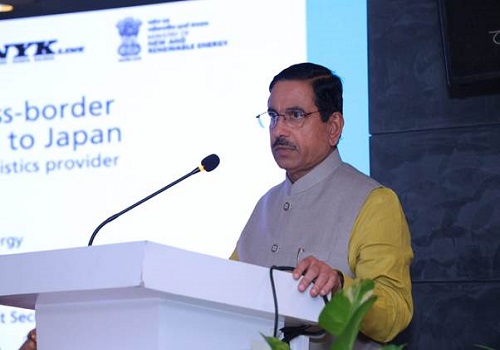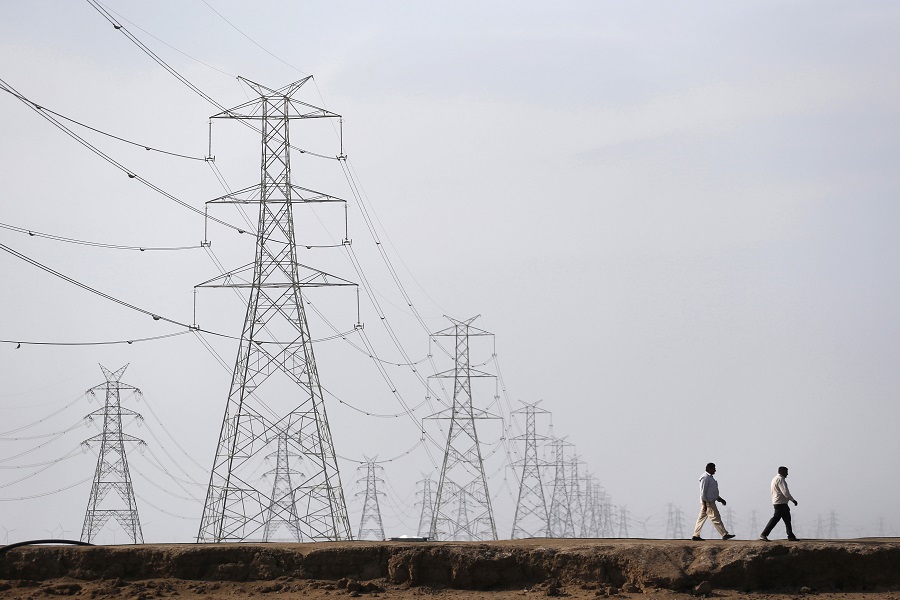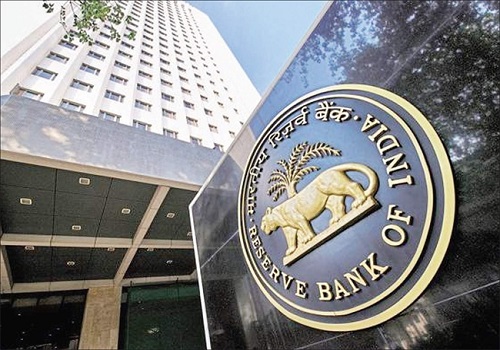RBI aiming to increase number of CBDC to 10 lakh per day by end of 2023: T Rabi Sankar

Reserve Bank of India (RBI) Deputy Governor T Rabi Sankar has said the RBI is aiming to increase the number of Central Bank Digital Currency (CBDC) to 10 lakh per day by the end of 2023. At present, the number of CBDC or e-rupee transactions stands at about 5,000 to 10,000 a day. He said the CBDC interoperability with UPI systems announced in the June 2023 monetary policy review will be a reality by the end of this month, but underlined the need for more banks to join the CBDC ecosystem. In November last year, the RBI introduced a wholesale CBDC pilot and followed it up with a retail pilot in December. At present, the number of banks in the pilot has gone up to 13 from eight banks initially.
Sankar said at present, there are 13 lakh users of the CBDC, including 3 lakh merchants. He said getting 10 lakh transactions a day is not a difficult task for the system, pointing to 31 crore transactions on the Unified Payments Interface (UPI) at present. He said till now, the efforts have been focused on getting as many users to the CBDC and the same will now have to be replicated in upping the number of transactions. There were only 1 lakh users till April-end this year, which has now been increased to 13 lakh, Sankar underscored.
Further, he said there is a need to ensure that there exists a strong legal framework to deliver the promise of anonymity on CBDC, just the way in which the alternative of paper currency delivers. He said RBI is in touch with the government on this aspect, and admitting that the regulatory efforts have been focused on increasing the users and transactions till now. There is also a need to ensure that no one is able to access the CBDCs lying in an individual's wallet. He added that ‘we also need a framework which is consistent with Prevention of Money Laundering Act requirements.’










Tag News

Monthly Debt Market Update, September 2023: CareEdge Ratings













